I was sitting in the team hospitality tent next to the finish grand stand in Sun Valley at 2pm when my phone buzzed. I picked it up and read “due to the present wind situation, unfortunately after all efforts the jury together with the organizing committee have decided to cancel today’s men’s downhill”. After a course inspection, some warmup runs, and a couple hours of waiting for a decision, that text brought my season to an anticlimactic end. No final chance to send it, to end with a run I could feel good about, or to race my first World Cup finals. Just over. Not exactly the way I had envisioned it.
It took a while for it to sink in, but eventually I started to feel that celebratory end-of-season vibe. The last couple months of the winter had been quite challenging mentally if I’m honest, and I was really looking forward to ending it on a positive note at my first finals. The atmosphere in Sun Valley was awesome; the people were very welcoming and excited to be hosting, the mountain was cool, and the downhill track was like a roller coaster full of terrain. Being in that environment was, in a way, exactly what I needed after the way the previous couple months of racing had gone. I had been feeling pretty burnt out after a string of frustrating and disappointing races, despite how I wrote that the Kvitfjell weekend was a step in the right direction. It was beginning to feel like a monumental task to get out of my own head while competing or to find some joy in the skiing. Being at a new venue and experiencing World Cup finals for the first time felt like a clean slate in a way. Up until that point, I hadn’t really celebrated the fact that qualifying for finals was a goal accomplished. My goal became to use that opportunity to enjoy myself again, to bring an open mind to a new downhill course and to free myself of any expectations. I think I was on the right track because I did enjoy myself on the one and only downhill training run we managed to do, but in the end that was all we got.
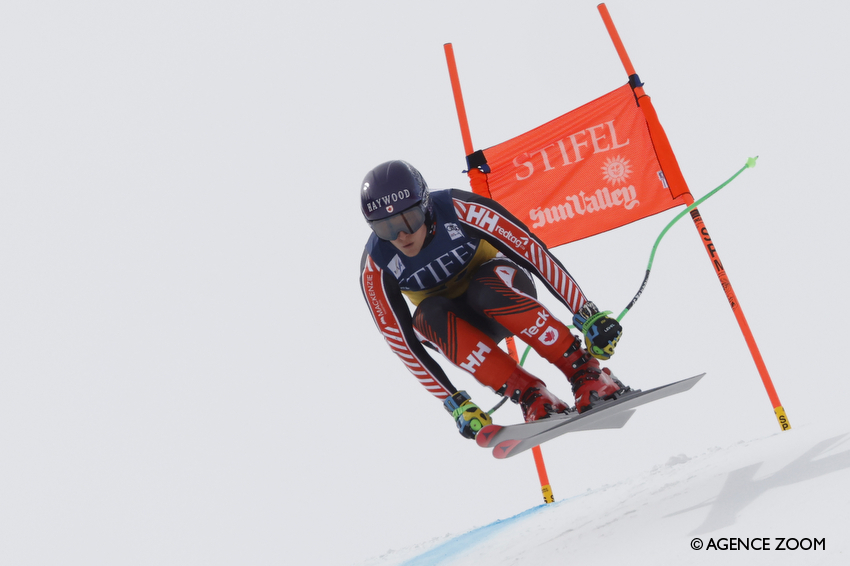
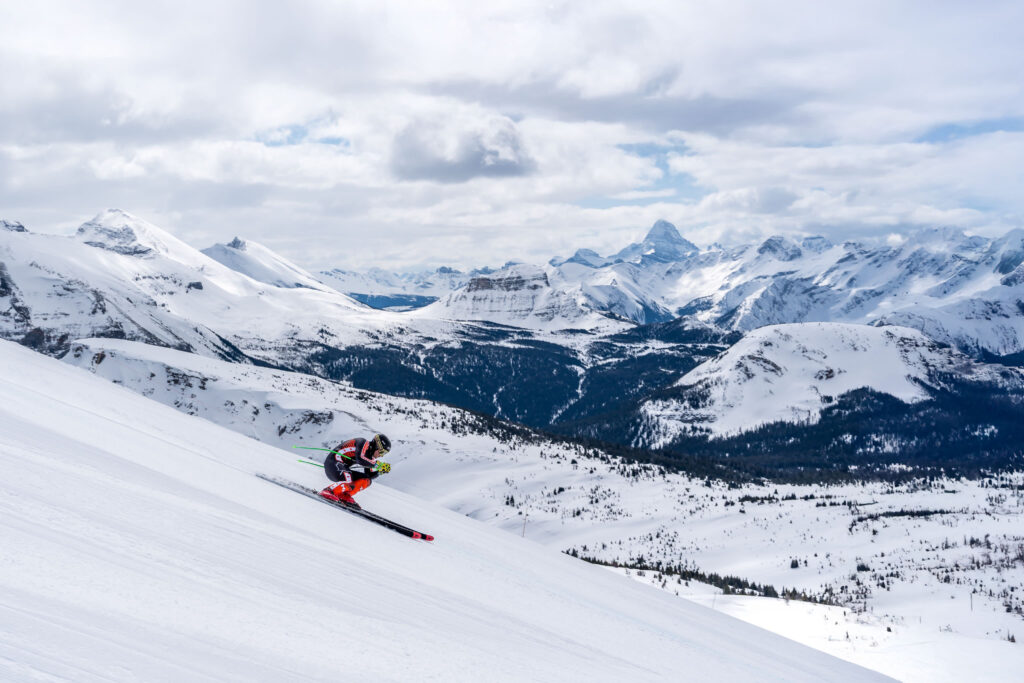
There is much for me to reflect on after a season like this one. I scored my first World Cup top-10, a Nor-Am Cup win, and the second highest total World Cup point tally in my career. Yet I couldn’t help but feel like I had let so much slip through my fingers after how well the season began. I felt like a failure knowing that so much more was likely possible. I can see now that it’s a strong reminder of why maintaining perspective is so important, and I still have room to grow in that area. Upon reflection, I don’t think it’s about ignoring the results or learning to act like they don’t matter. Perhaps it’s about reframing what day-to-day success means and focusing the effort around that. I certainly found that the most deeply satisfying days of my season — whether it was 10th in Beaver Creek or 29th in Kvitfjell — were the ones when I let go of all expectation and let myself be free to send it. I felt present in those moments, not thinking about anything technical or tactical, just trying to go fast. So how do you balance the goal of getting in that mindset with the very real pressure of getting results? I guess that’s my homework for the summer.
This winter had some unique challenges that I also need to digest. Rushing home from Italy in the middle of my season when my dad was hospitalized was not something I had prepared for. It was a strange shock to the system even after more than a decade of dealing with ALS and knowing what the prognosis is. When I left for Europe again in early January, I felt good about continuing the season since my dad had made a strong recovery from pneumonia and things were stable at home. However, I think part of me also felt like I then had something to prove. I wanted to show I could bounce back after my crash in Bormio and the trip home, and that I could keep the momentum going from the start of the season. It’s a small subconscious shift in mindset, but I could tell I was beginning to force things a bit. I was trying to recreate the routine that brought me success before, instead of listening to what I needed in the moment. Even though I could recognize what was happening, I found it hard to break the pattern and let myself go again. Then a disappointing World Championship for our entire team seemed to drain the mental battery even more. Learning how to hit the reset button in a situation like that is something else I need to learn how to do better. I’ll add it to the list of summer homework.
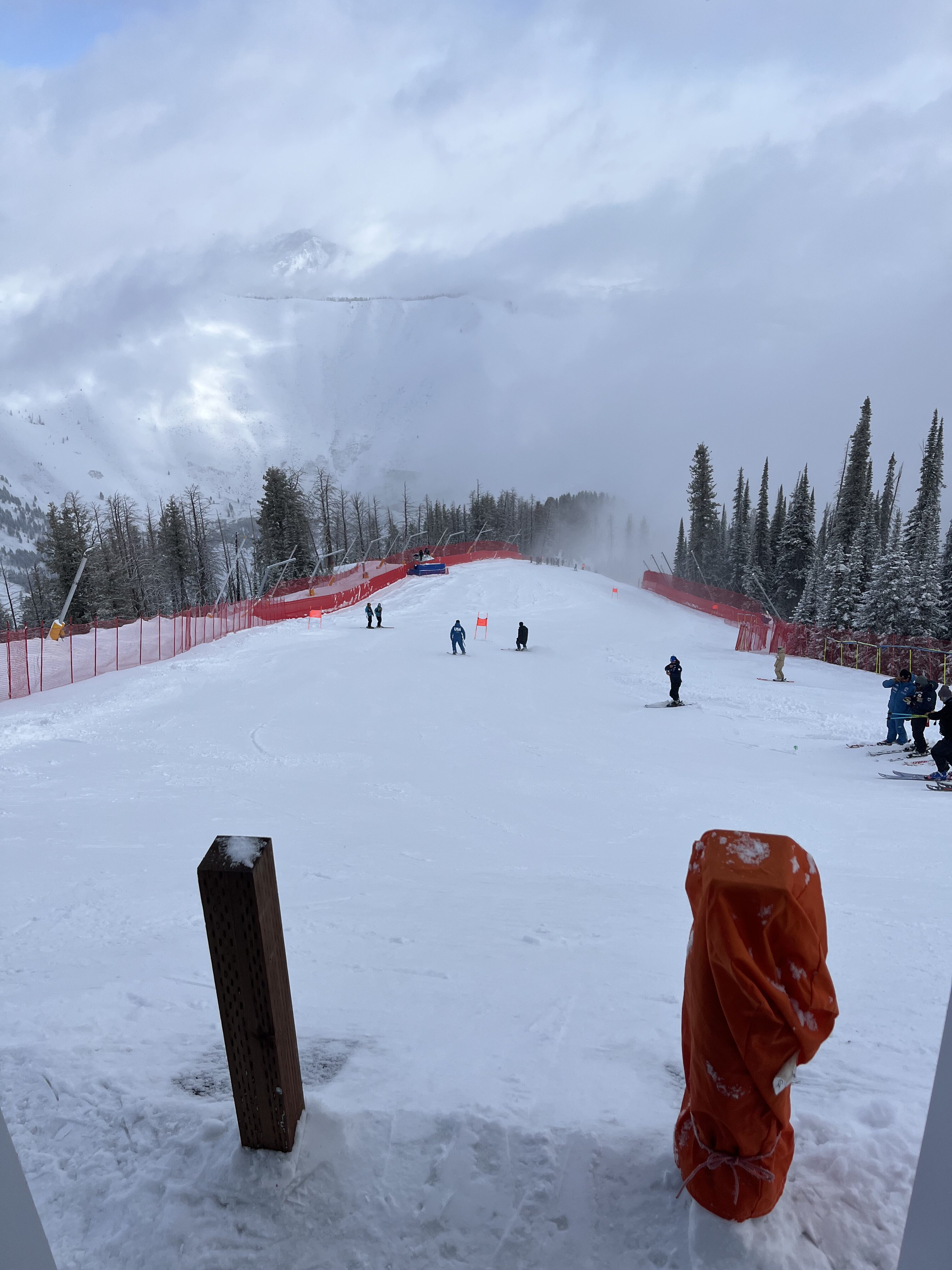
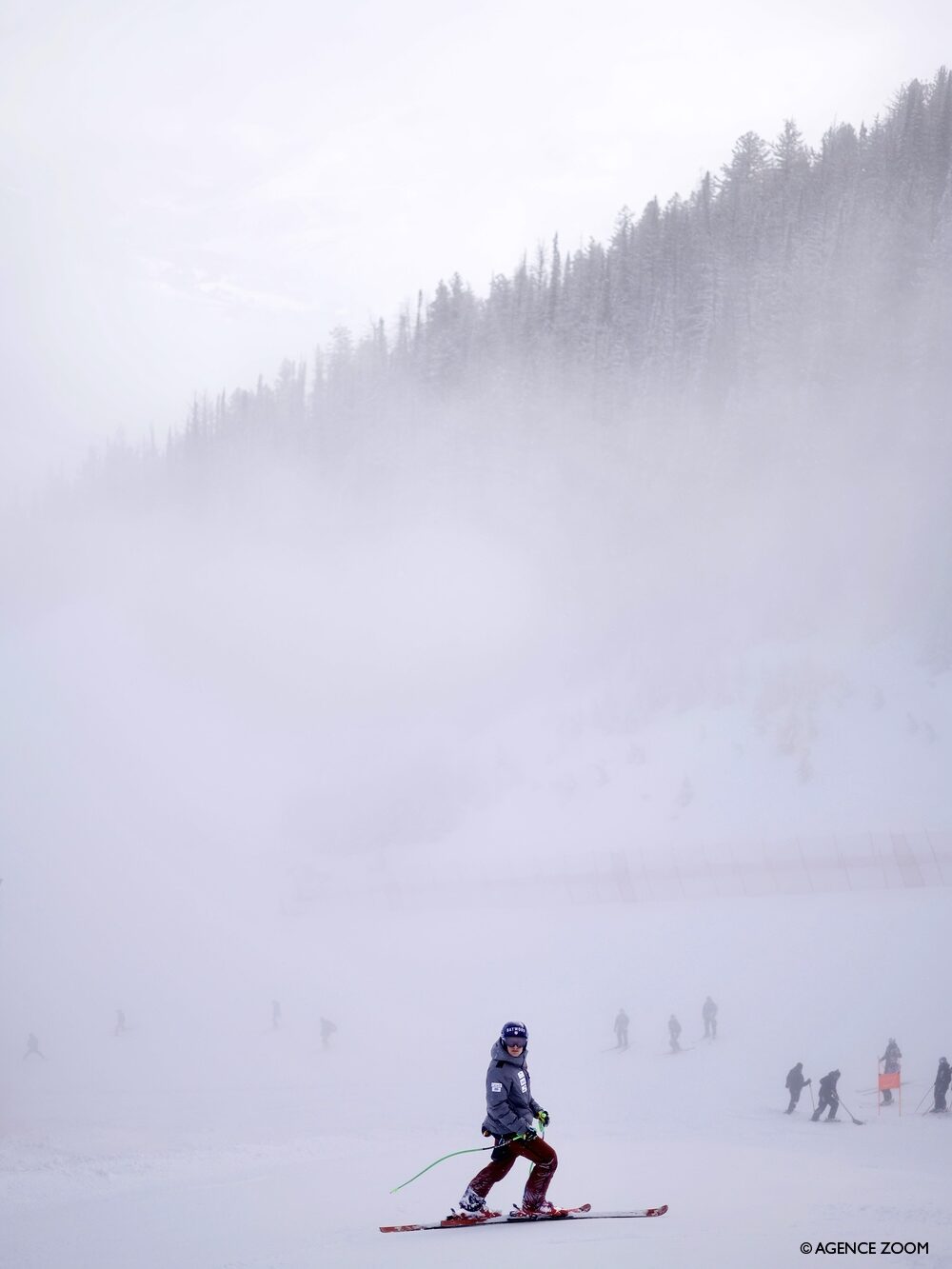
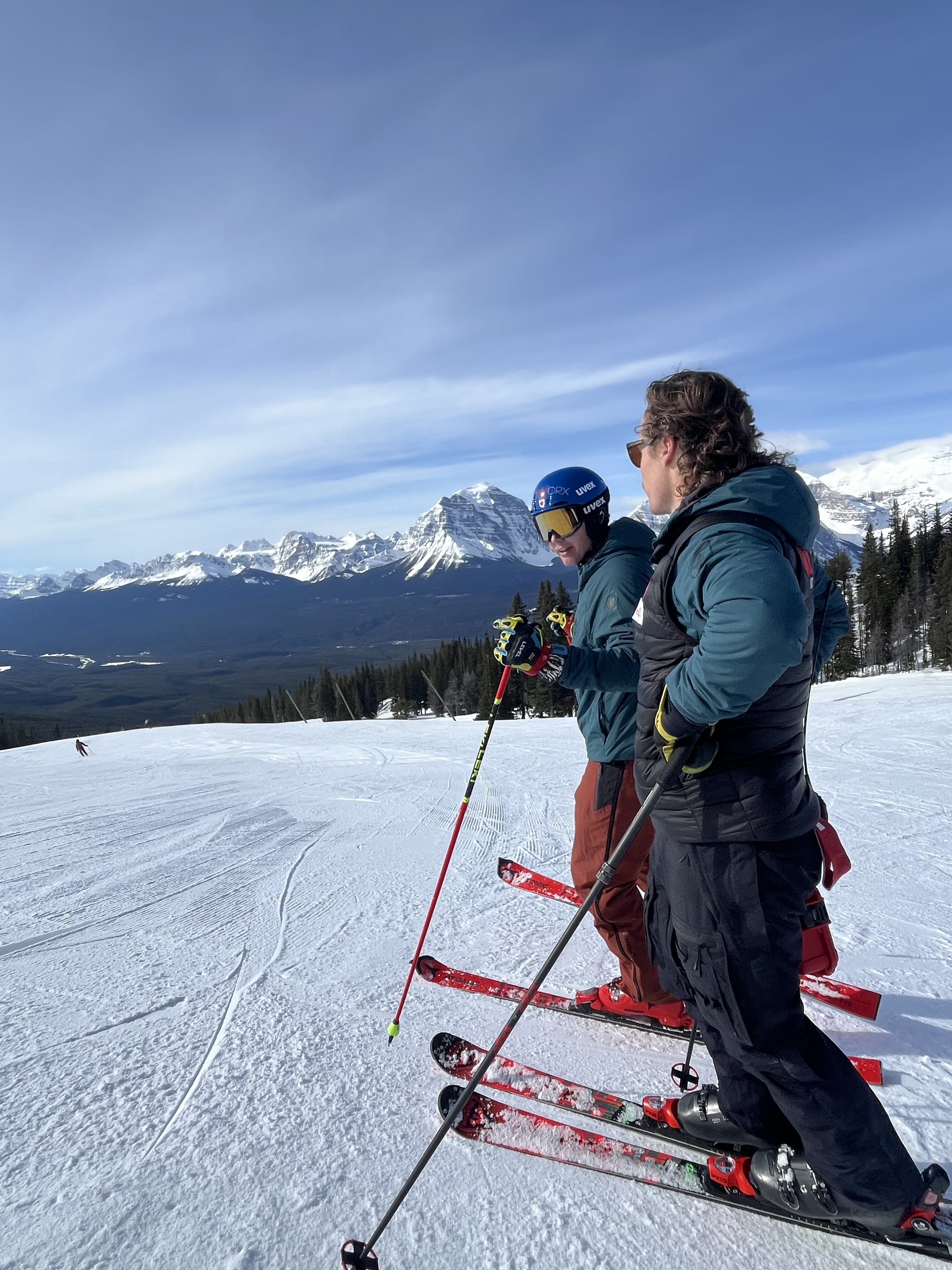
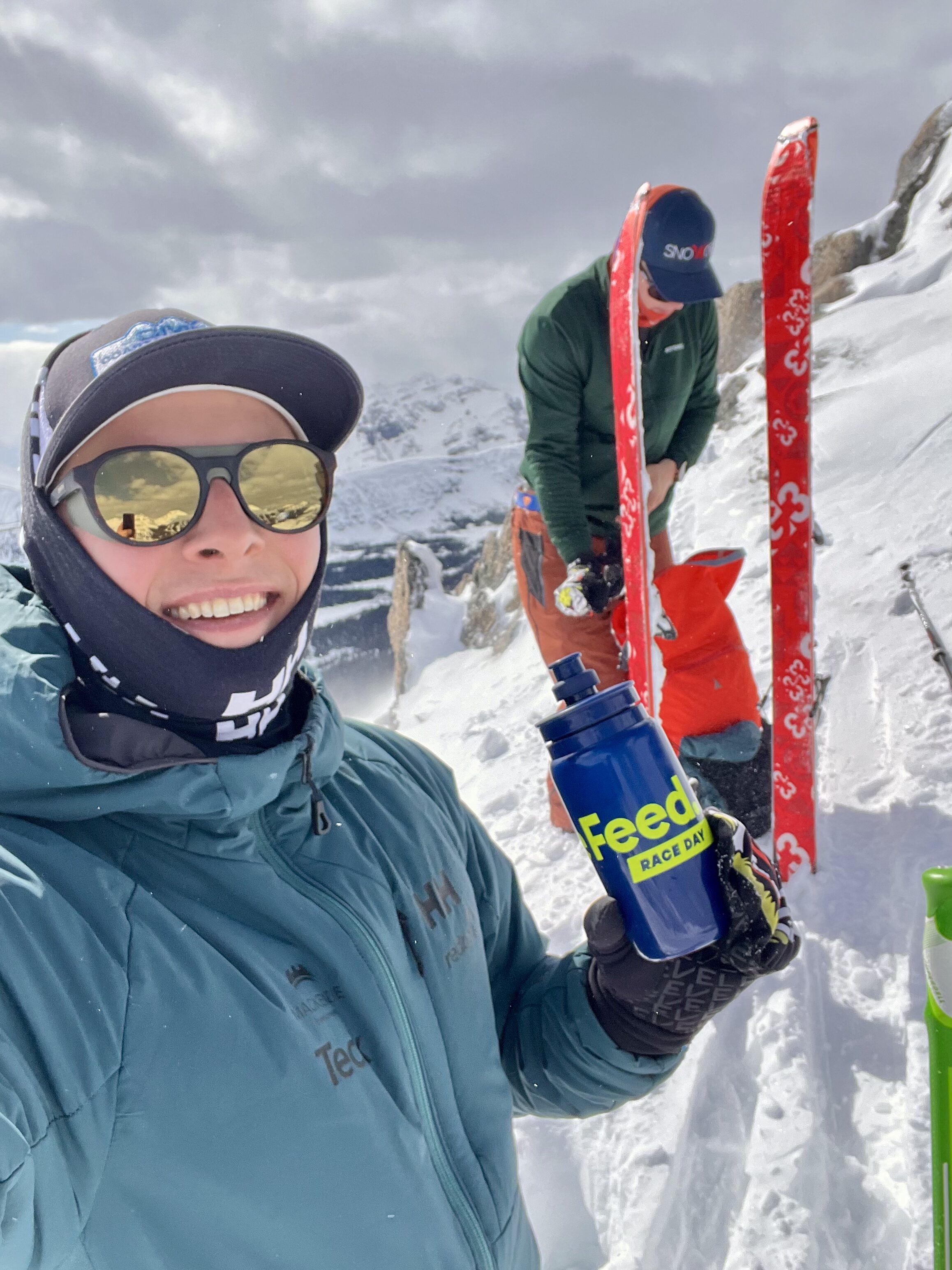
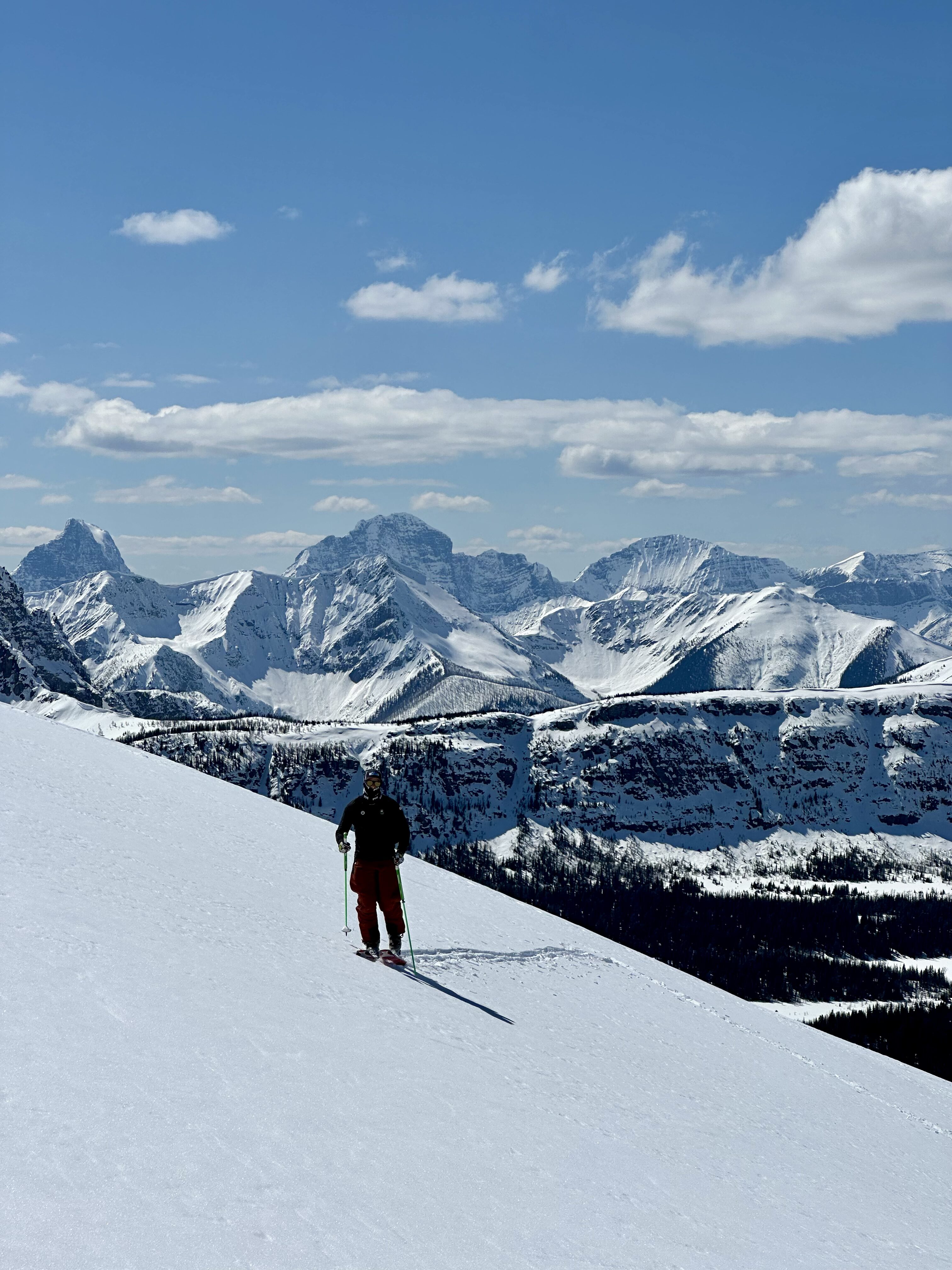
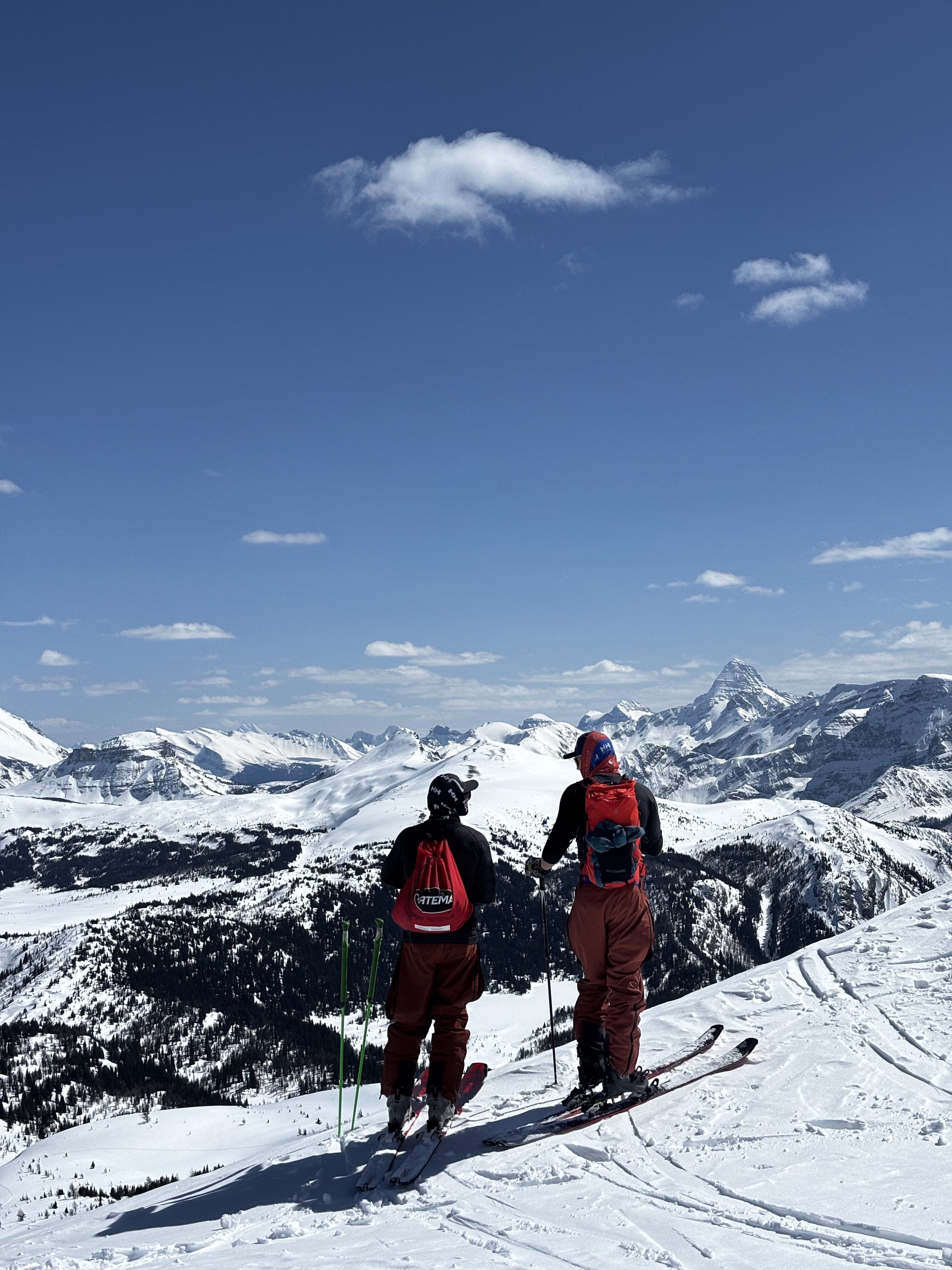
As an athlete trying to compete with the world’s best, I think it’s easy to get caught up in analyzing my shortfalls. Sure, I want to focus this off-season on how I can improve on those weaknesses, but I also want to make a point of acknowledging the good things. It wasn’t until I wrote this that I realized it was actually my second best season to date in terms of World Cup points scored. The best of my results came when I was starting with bib numbers in the late 40’s or early 50’s. I think I showed myself that I have the skills I need, it’s just about trusting myself, letting go of expectation, and putting it all together more consistently. Our team just wrapped up two weeks of spring training at Lake Louise and Sunshine, so the work has already begun. We got some high-quality mileage on the speed skis and used the winter conditions to test some equipment adjustments. It’s always hard to compare directly to World Cup conditions, but I find spring camp is also a unique opportunity to fine-tune some things when you’re fresh out of the season and still very attuned to the feelings you want. I also made a point during this camp to get out on my backcountry skis as much as possible in my afternoons. Not only was it a great way to avoid sitting on the spin bike for my recovery workout, but I felt like it would be good for me to mix up what I was doing on skis. Our chances to go free-skiing are so few, and I find it always picks me up and reminds me how fun skiing is. Perhaps I should also prioritize mixing those days in during the competition season too…
I want to thank all of you who have followed along with me and this blog over the season. It was my first time doing something like this, and admittedly wasn’t the easiest exercise through some parts of the emotional roller coaster this winter. I also want to thank my personal sponsors—Haywood, Coastal Mountain Excavations, and CAN Fund—for their continued support through this ride. To everyone who has donated to my team fees or the Helmet4Hope fundraiser, thank you for your belief in what I’m doing. A big thanks to Atomic, Komperdell, and Bollé for their support as well. Now it’s time for a break, lots of training, and some summer fun before we dive in to the Olympic season…
Cheers,
Brodie
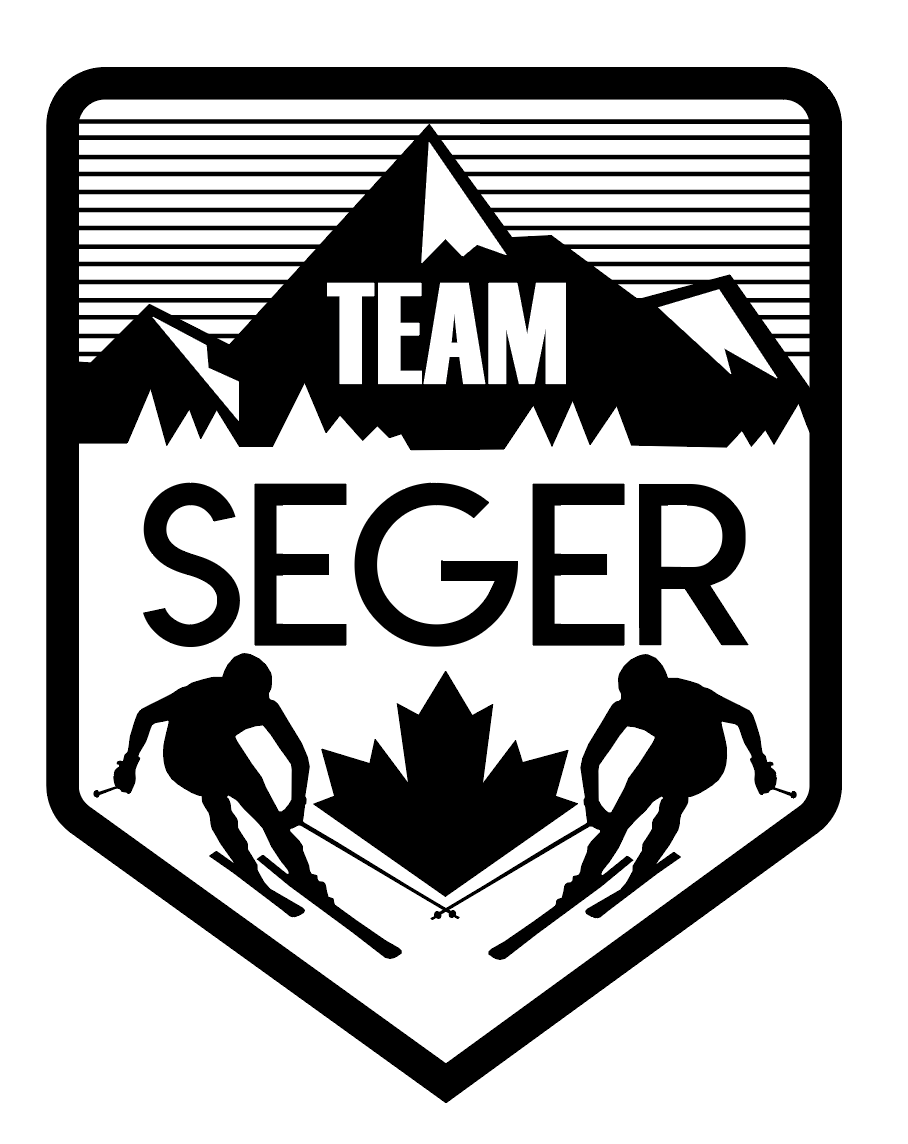
as always Brodie.. THANK YOU for taking us along with you. it is so easy for me to wake up at 4 am to watch you and the others to race. LOVE..
Yes you had tough years…but you can do anything .. and although I know it was not the season you wanted ..yeah it was second best… jot bad at all…
go have a great summer . all that that entails..
Mich